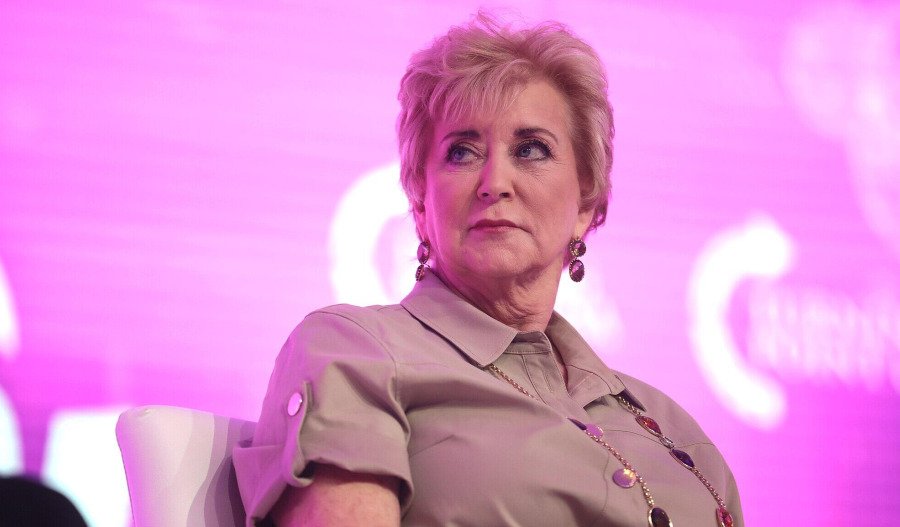It cannot close without Congress approval, but that hasn’t stopped United States President Donald Trump from signing an executive order to shut down the Education Department (ED).
While Trump has cited poor test scores as a primary justification for his instruction to Secretary of Education Linda McMahon to dismantle the department, the American Federation of Teachers is vowing to fight what's regarded as the hugely unpopular decision in the courts.
Legal fight
The American Federation of Teachers is expected to mount a legal campaign that argues the Trump administration is violating the separation of powers clause in the U.S. constitution, plus the clause requiring the president to ensure federal laws are written and faithfully executed.
While abolishing the department has been on a Republican wish-list for decades, around 60% of all voters opposed closing the department entirely in a recent 2024 poll.
Given that a U.S. president does not have the authority to shutter a federal agency, any bill to close the department would require support from some Congressional Democrats.
ED to close by 2026
While Trump is hopeful that Democrats will join Republicans in support of the department’s elimination, this remains unlikely.
Late January saw the Republicans present a bill that would – assuming it’s successful – close the 45 year old Department of Education by 31 December 2026. This is because it “should not be in charge of our children’s intellectual and moral development.”
Trump has already taken major steps to pare back the agency’s operations by slashing its workforce by over 50% and eliminating US$600 million in grants.
The department is expected to continue providing critical legally prescribed functions, including administering federal student aid. In addition, it will provide funding for special education and districts with high levels of student poverty.
Devastating impacts
Democrat representative from Virginia, Bobby Scott has urged his Republican colleagues to join him in blocking Trump’s executive order from going into effect.
Scott accused Trump of “implementing his own philosophy on education which can be summed up in his own words, ‘I love the poorly educated,'” said Scott who referred to a comment Trump made in 2016.
Meanwhile, education advocates believe any decision to put money management initiatives relating to education programs in different agencies could have devastating impacts.
For example, while the Treasury Department could manage student loans in ED’s absence, that agency is intended to focus on federal revenue and tax collections. This is rather than setting standards for education excellence.
More major job losses
According to the Centre for American Progress, over 180,000 teaching positions at Title I schools, which primarily serve low-income students, could be eliminated with the ED's closure.
According to the National Education Association, one of the country’s largest labor unions, the department also administers roughly US$15 billion in funding for children with disabilities. These children may lose necessary services and support if ED closes.
It remains unclear which agency may assume responsibility for issuing new loans and managing the US$1.6 trillion in debt borrowers currently owe.
Last week attorneys general from 21 Democratic states filed a suit against Linda McMahon and the Trump administration over the layoffs at ED, which they argue are “equivalent to incapacitating key, statutorily-mandated functions of the department, causing immense damage to Plaintiff States and their educational systems.”



